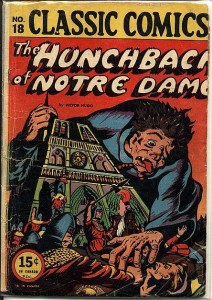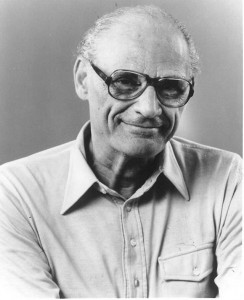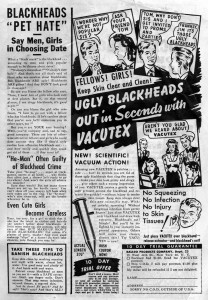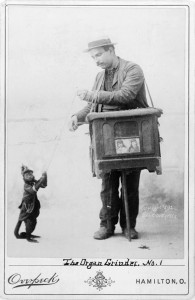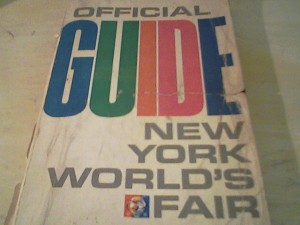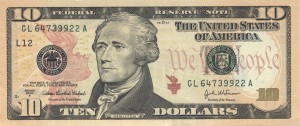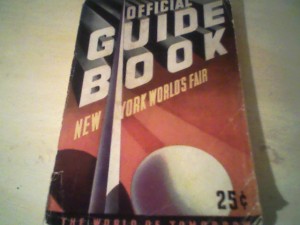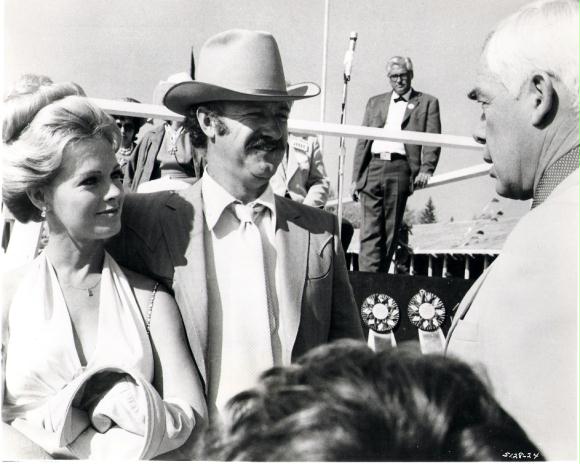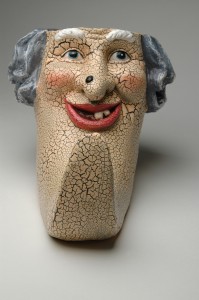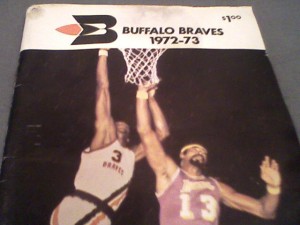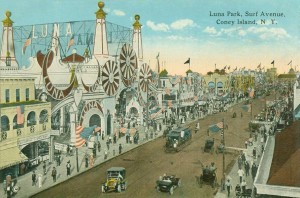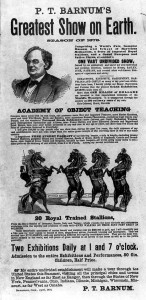In the November 26, 1877 issue of the Brooklyn Daily Eagle, I came across this relentlessly insulting (byline-less) account of an incredibly chaotic and lurid murder. Seriously, it’s one of the crazier things you’ll ever read. An excerpt:
“A bloody tragedy occurred, yesterday, in the basement of the house, No. 517, East Thirteenth street, New York. The victim was Jacob Massoth, a knife and scissors grinder, aged sixty-five years, and his slayer was George Dell, a whitewasher, aged seventeen. Massoth has been a familiar character on the East Side for many years. He was a queer-looking little man with a hunchback, a squat figure, a face like a wrinkled parchment, and stiff gray hair. There was always a mischievous twinkle in his snapping, bead like eyes, and when he lugged his wheel and tools along the streets, the little children scattered in all directions, and as they ran they shouted, ‘Here comes the goblin!’
For a considerable amount of time, the hunchback had maintained illicit relations with Mrs. Katrina Dell, the mother of the youth who killed him, who lived in the apartment where the deed was done. She is forty-four years of age and has been widowed for four years. It is said that the criminal relations with Massoth were contracted before the death of the late husband. Mrs. Dell is by no means an attractive woman. She is short and stout with an exceedingly dark complexion and coarse features.
The knife grinder paid her increasing attention and generally lived in the same house with her or in the neighborhood. Wherever the woman and her family moved, the hunchback followed. When they took up their quarters in Thirteenth street he occupied a room on the same floor. Three weeks ago he began to live in the same apartment with his mistress. George Dell, the eldest son, objected to this arrangement, and he urged his mother to marry Massoth. The mother said they had not money enough to pay for a wedding. Meanwhile the neighbors began to talk and the son became restive under the taunts of his companions regarding the infamy of his mother. He was constantly embroiled with Massoth and they had frequent quarrels.
Yesterday afternoon the youth George stood before a looking glass in the back of the basement shaving himself, when his younger brother, Adolph, jostled against him. George reprimanded the lad and turned him out of the room. Massoth interfered and took the boy’s part, probably using the incident as a means of provoking a quarrel. George told him ‘if he did not look out whose house he was in he would get chucked out.’ The hunchback became furious in a moment. He seized a dinner plate from the table and hurled it at the head of the offender. As the missile struck the wall near George and was dashed to pieces, he turned about angrily, but when Massoth entered the bedroom as if to retreat he only laughed contemptuously and returned to his shaving.
In a moment Massoth darted from the bedroom with a hatchet in one hand and a heavy whetstone in the other. The hunchback was frantic with rage and springing on the young man dealt him a tremendous blow on the head with the stone just as Mrs. Dell and her daughter Annie rushed in to make a vain endeavor to separate the two. Massoth pushed the women aside and struck several more heavy blows with the whetstone, cutting his scalp and causing blood to pour over his face.
Then he raised the hatchet to cleave George’s skull. Young Dell endeavored to defend himself from the assault and prevent the infuriated knife grinder from using the hatchet. Maddened by the restraint put on him, Massoth struck George again with the whetstone. The blow fell upon the arm which held the razor. The blade was turned back and as George endeavored to defend himself, the sharp edge came into contact with the jugular vein of the hunchback. The murderous Massoth fell upon the floor. Blood gushed in torrents from the wound, and in a few seconds the wretch lay lifeless upon the crimson stained floor.”

